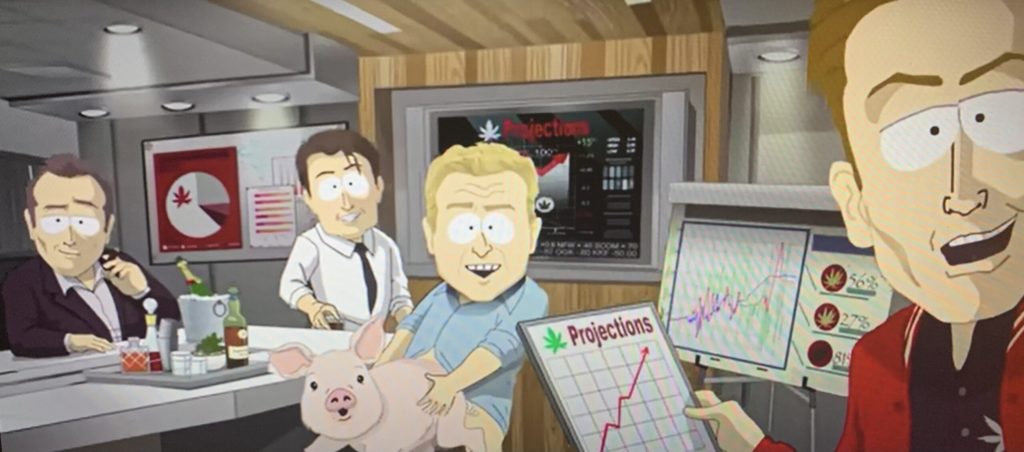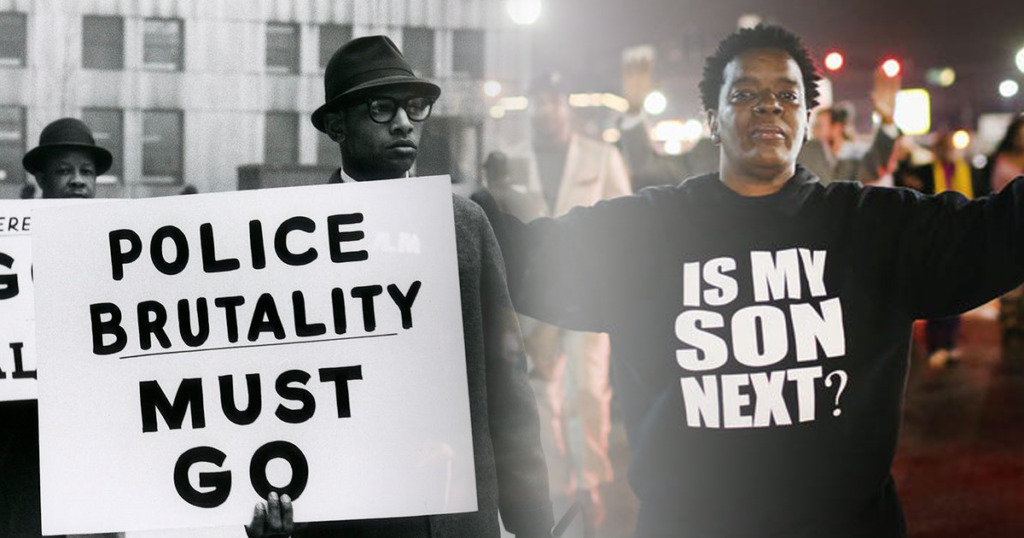When you dive into the history of the concept of social equity, you find references dating back as far as ancient Greek philosophers like Aristotle and Plato concerning ideas like fairness, and justice, and the equitable distribution of social services to all people.
Fast forward to the 1960s and the demand for those foundational rights was renewed right here in the United States when the traditional social equity battlefronts of Gender and Religion were joined by a long-overdue push for Racial equity as well.
As much progress as was made in that bygone era, and in the decades since nearly everywhere you look today, in 2021, social equity is an afterthought, at best, by the so-called Free Market.
From the cannabis industry to Covid-19 vaccinations, social equity fails when we leave it up to the “system”.
Clearly then, the system is broken… or is it?
That depends on who you ask, right?
For the old, establishment, powers-that-be, it has been working just fine for… well… all of recorded history and so they have a vested interest in keeping it that way.
That’s why waiting for Joe Biden to solve a problem first identified about 2,500 years ago and never solved since is a surefire way to waste another four years.
Instead, we need to listen to Black and Brown people when they say what they need and then empower them to ensure that their communities are represented, repaired, and repaid for millennia of mistreatment.
SICKENING STATISTICS SURROUNDING SOCIAL EQUITY
One of the most frustrating things we run into when talking about social equity is the trap that a lot of folks fall into by talking about injustice as though it is a wrong from the past that must now be made right.
Most often, their heart is in the right place but every week it seems we are reminded of the stark contrast of how our justice system and our society at large treats people differently based solely on the color of their skin. So, clearly, this is not some statue to be toppled. It is an ongoing, deeply rooted, systemic problem that might be as powerful today as it has ever been.
We mentioned Covid-19 vaccinations above, and this crucial process has exposed that social equity without powerful advocacy leads to failures in our health care system as well.
On February 1st, Politico reported: “Black and Latino Americans are falling behind in the nationwide race to get vaccinated against Covid-19, even in blue states and localities praised for championing racial equity during earlier phases of the pandemic.”
The article goes on to state that just 5% of all Covid vaccinations nationwide have gone to Black people, and 11% to Latinos. Black Americans make up 13% of the total U.S. population, for reference.
There are several contributing factors to this disparity, as outlined by Dr. Jerry Abraham in a recent interview where he pointed out what should be obvious to all, saying, “Not having a car should not be a barrier to getting a vaccine. Not having an e-mail and not having a phone is not a barrier to getting a vaccine. Not having internet is not a reason to not get a vaccine.”
Yet, all those things are current barriers, and they tend to have more of an impact on communities of color. That is bad enough, but Dr. Abraham’s story also involves him literally having to call the federal government and ask where his clinic’s vaccines were, only to discover that Kedren Community Health Center in South Central Los Angeles had been ‘overlooked’ or, more likely, bypassed… and they’re not alone.
In Pennsylvania, Black Americans make up 3% of those who have been vaccinated. In Louisiana, where 32% of the overall population is Black, only 13% of the people who have been vaccinated are Black. In Delaware 22% of the population is Black, yet Black people make up just 6% of those who have received the vaccination.
Some pundits are trying to chalk it up to a hesitancy by Black folks to voluntarily get the vaccine, rather than thousands of years of Inequity rearing its ugly and predictable head yet again. Even if we could lay the blame on the doorstep of Hesitancy, that itself is an indictment on the system that millions of people supposedly cannot trust to save them from a pandemic.
Once empowered (through his own efforts), Dr. Jerry Abraham took those vaccines out into his racially diverse neighborhood and broke down the systemic barriers that had kept countless folks from receiving the medical attention that they deserve just as much as anyone else.
That’s what we’re talking about.
That’s why the grassroots of any community are so important.
NO TAXATION WITHOUT REPRESENTATION
Though the concept of social equity dates back millennia, it sure seems like the term was thrust back into the American lexicon very recently, and not by Covid but by cannabis.
Once states started hopping on the Tax & Regulate Train, it didn’t take long for minorities to realize that, once again, they were about to get left behind.
Entire communities – sometimes defined by zip code, sometimes by race, often by both – decimated by decades of unjust, unfair, and absolutely inequitable treatment by law enforcement, with petty weed charges being the catalyst in too many cases to count, were suddenly being asked to accept and support the mostly-White-owned million-dollar dispensary that popped up on their block.
While those states just now forming new adult-use cannabis markets have the benefit of seeing which potential pitfalls to avoid, trailblazing states like Washington, Colorado, Oregon, and even California are still playing catch-up on social equity reform when it should have been a foundational plank in their programs.
Much like Dr. Abraham in South Central, the real fight has been left to frontline social equity soldiers like Amber Senter of Supernova Women, Nina Parks of Equity Sessions, and (thankfully) other activists and thought leaders from the grassroots of the cannabis culture and community who must be given a seat at the table anytime that cannabis reform is the goal.
Instead, this week we got a headline about a new lobbying group called the U.S. Cannabis Council (USCC) which has tasked itself with the high and mighty job of “unifying” the effort to legalize the cannabis plant at the federal level.
The so-called council is made up of a whole lot of blue suits and shiny brown shoes, with a whole lot of names that nobody associates with an equitable cannabis market. Names like MedMen, Scott’s Miracle-Gro, and Canopy Growth, just to name a few.
To be fair, Eaze is on the list and they have pulled over $100k out of their couch cushions in the past two years to fund their ‘Momentum’ social equity accelerator program. That’s awesome, do more!
However, aside from some of the most established names in cannabis advocacy being absent from the list (NORML, Drug Policy Alliance…), also absent from the USCC are any established, Black-led equity advocacy groups.
Acting-CEO of the USCC (CEO?) Steve Hawkins was quoted in the Politico article saying, “I fully expect … that there may be differences of opinions that we’ll have to work through. At the end of the day, USCC will represent a unified voice of over 30 companies, associations, organizations.”
Just 30?
What are the odds that this group will prioritize, let alone try to perfect, social equity programs?
These are the same companies that lobby state legislators to disallow home-growing rights.

Why? Because it is competition. It hurts their bottom line. We’d be fools to think that they will – after 2,500 years – treat social equity any different.
One of the most beautiful aspects of the cannabis plant is its complete lack of bias. Cannabis doesn’t mind if you are White or Black. Cannabis doesn’t mind if you are straight, or gay, or sick, or well, or a civilian, or a veteran, or a democrat, or a republican. It heals all.
Unfortunately, our society is rooted in bias and greed which is why our cannabis culture must continue to fight to preserve what we have built, and why we must elevate Black and Brown voices to ensure that everyone who wants to participate in this thing of ours, can do so.

















